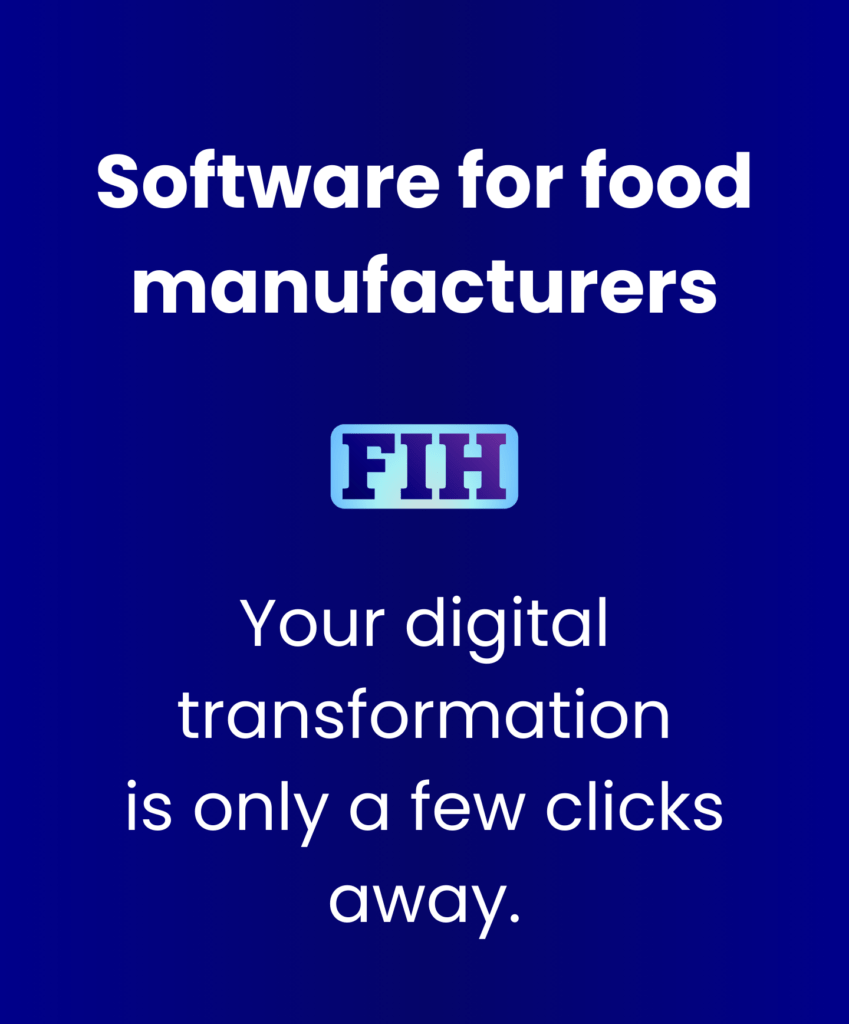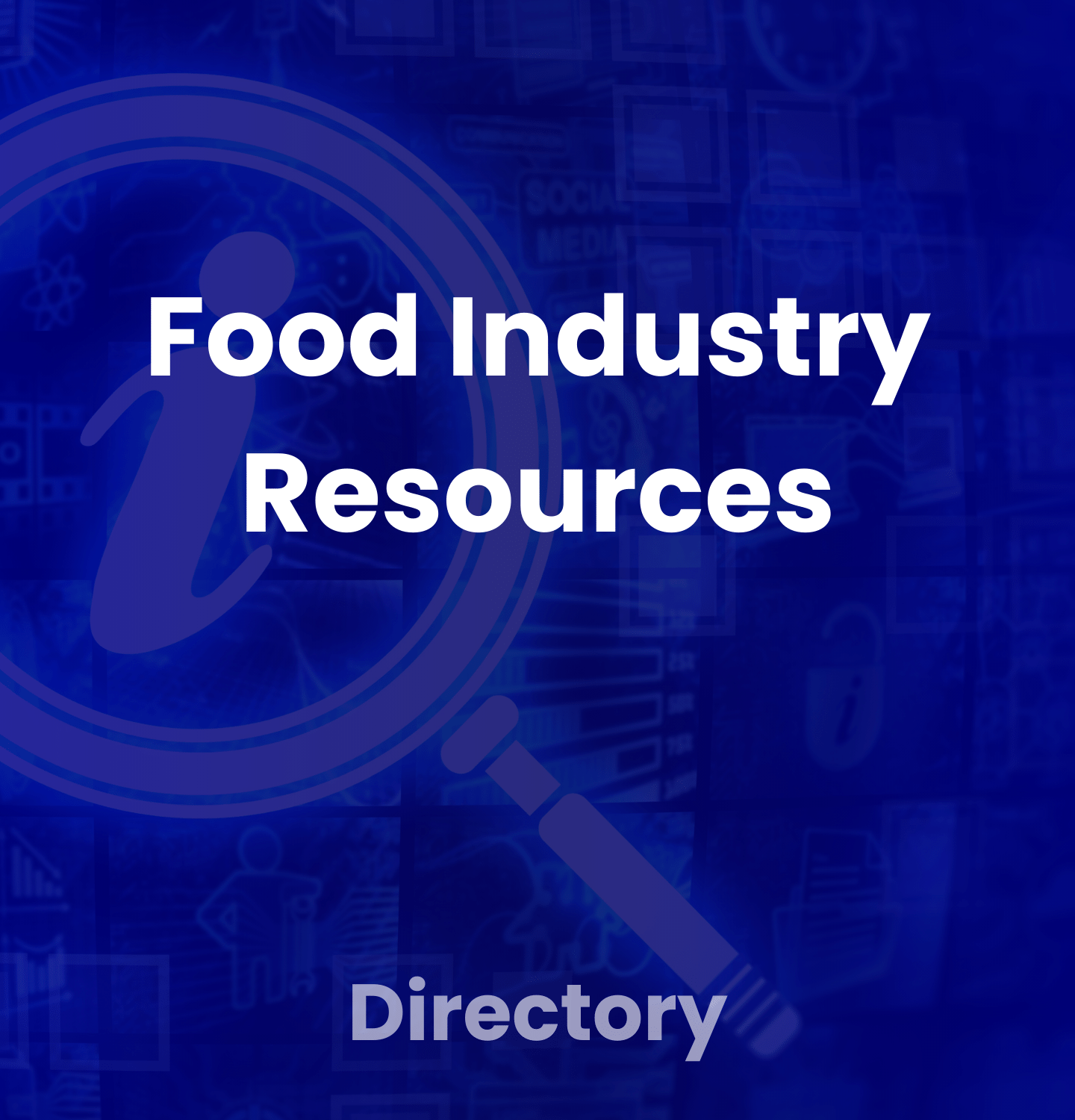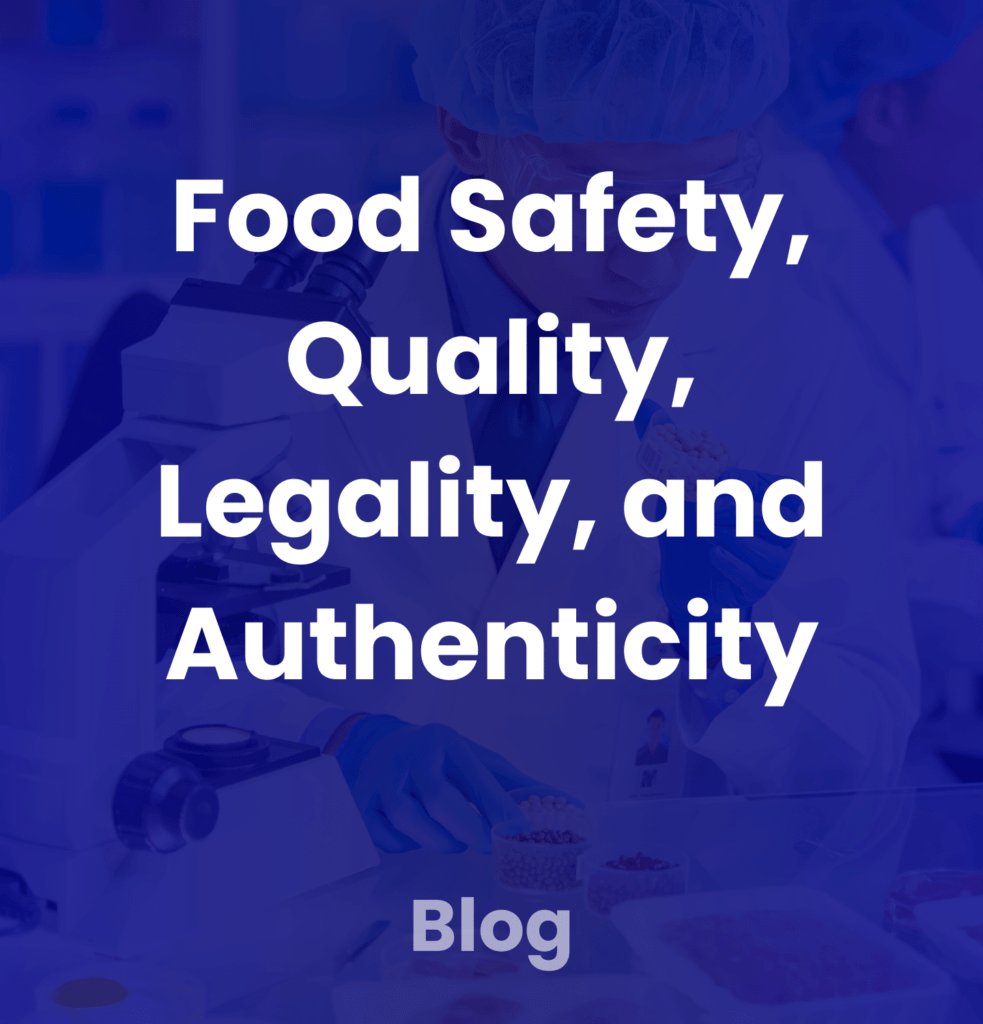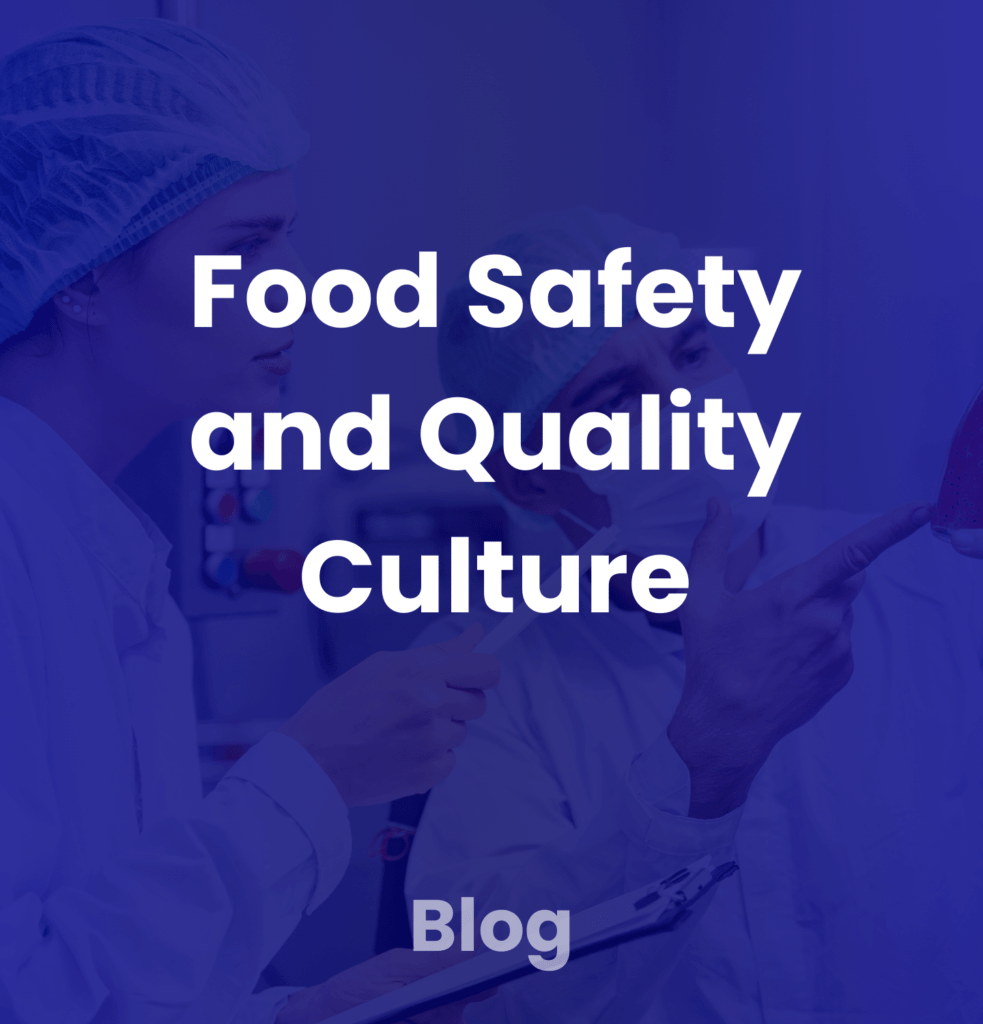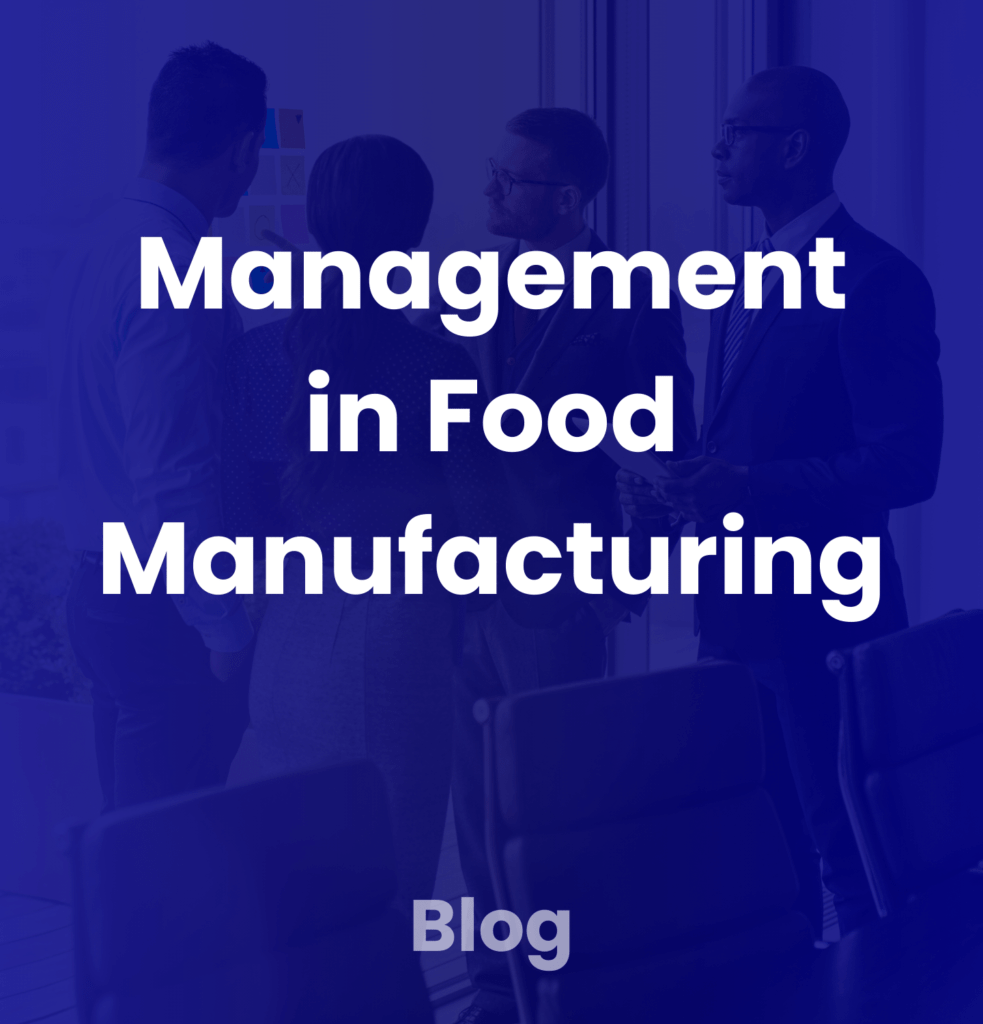
Sector-Specific Information
The Food Industry Hub knowledge centre delivers a wide range of sector-specific information for food industry professionals.
The below is one topic from our knowledge centre. You can return to all topics by clicking here.
Food Safety and Quality Culture
Definition
Food safety and quality culture refers to the shared values, beliefs, and behaviours that define an organisation’s commitment to ensuring the production and delivery of safe, high-quality food. It encompasses the attitudes of employees at all levels toward food safety and quality, as well as the practices and systems they follow to maintain these standards.
A strong food safety and quality culture is more than compliance with regulations or standards; it is a mindset where food safety and quality are embedded into every decision and action. Certification schemes such as BRCGS explicitly highlight the importance of fostering a positive food safety culture as part of operational excellence.
Practical Application
- Leadership Commitment
- Leadership plays a crucial role in shaping food safety and quality culture. Senior management must demonstrate visible and ongoing commitment to these priorities by allocating resources, setting clear expectations, and holding themselves accountable for outcomes.
- Regular communication from leaders about the importance of food safety ensures that it remains a top priority across the organisation. For example, incorporating food safety messages in internal communications or leadership meetings can reinforce its significance.
- Employee Engagement
- Empowering employees at all levels to contribute to food safety initiatives creates a sense of ownership and responsibility. This includes providing training to build awareness and skills, as well as fostering open communication channels.
- Recognition programmes can incentivise staff to uphold and improve food safety practices, contributing to a positive culture.
- Integration into Daily Operations
- Food safety and quality culture must be evident in everyday practices, such as adherence to hygiene protocols, documentation accuracy, and proactive problem-solving.
- Cross-functional collaboration between departments like production, quality assurance, and supply chain ensures a holistic approach to food safety and quality.
- Measuring Culture
- Organisations can assess their food safety culture through employee surveys, audits, and behavioural observations.
- Culture assessments help identify gaps and areas for improvement, allowing targeted interventions.
- Continuous Improvement
- A robust food safety culture evolves over time through continuous improvement. This involves regular review of practices, learning from non-conformances, and adapting to emerging challenges or new regulatory requirements.
Related Concepts
- Food Safety Management Systems (FSMS): The framework of policies and procedures that underpin food safety practices. A strong culture supports the effective implementation of FSMS.
- HACCP (Hazard Analysis and Critical Control Points): Ensuring a safety-focused culture enhances the consistent application of HACCP principles.
- Organisational Culture: Food safety culture is a subset of the broader organisational culture, focusing specifically on attitudes and practices related to food safety and quality.
- Employee Training and Development: Building a positive food safety culture requires ongoing education and skill development tailored to employees’ roles.
Expert Insights
- Regulatory Emphasis on Culture
In the UK and globally, food safety culture is increasingly recognised as a critical factor in preventing foodborne illnesses. GFSI-aligned standards now mandate culture evaluation as part of certification processes. - Impact of Culture on Non-Conformances
A weak food safety culture is often linked to recurring non-conformances, product recalls, and reputational damage. Conversely, a strong culture reduces the likelihood of errors by fostering vigilance, accountability, and a proactive approach to risk management. - Role of Technology
Digital tools can support food safety culture by simplifying processes, improving transparency, and providing real-time feedback. For example: - Mobile apps for reporting hygiene or operational issues encourage timely resolution.
- Data analytics platforms identify trends and predict potential risks, fostering informed decision-making.
- Global Comparisons and Cultural Adaptation
Multinational organisations face unique challenges in fostering a unified food safety culture across diverse regions. While core principles remain constant, local adaptations may be needed to align with cultural norms and regulatory environments.
Conclusion
A strong food safety and quality culture is the foundation of any successful food manufacturing operation. It transcends compliance, embedding food safety into the core values and daily practices of the organisation. By fostering leadership commitment, engaging employees, integrating practices, and continuously measuring progress, businesses can build a resilient culture that protects consumers, enhances brand reputation, and ensures long-term success. In a rapidly evolving regulatory and market landscape, investing in food safety and quality culture is not just a compliance requirement but a strategic necessity.
Food Industry Hub Management Systems delivers an optimised approach to food safety, ensuring your quality management system operates with heightened efficiency, boosting trust and ensuring top-level quality assurance throughout your operations.
About The Food Industry Hub Knowledge Centre
The Food Industry Hub knowledge centre delivers informative content on a variety of topics pertinent to the food manufacturing industry.
You can return to all topics by clicking here.
We regularly produce new content for food industry professionals, and the Food Industry Hub Mail Service is the best way to stay up to date with the latest additions.
Signup today to be added to the Food Industry Hub mailing list.

